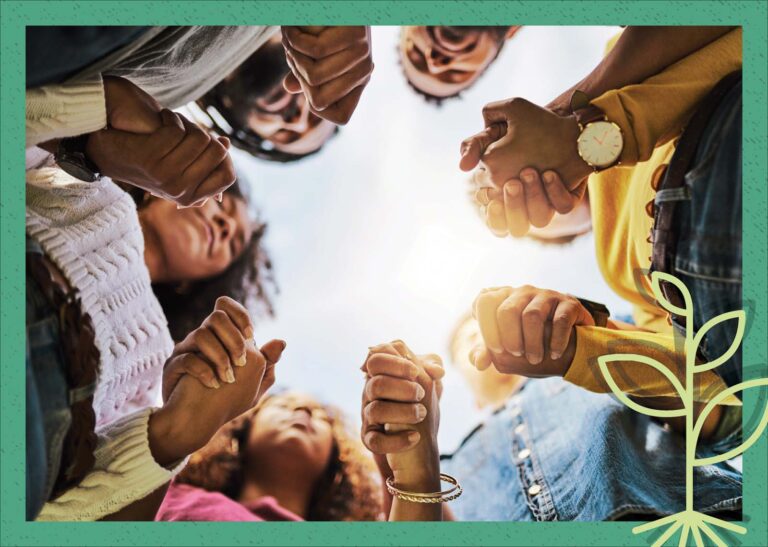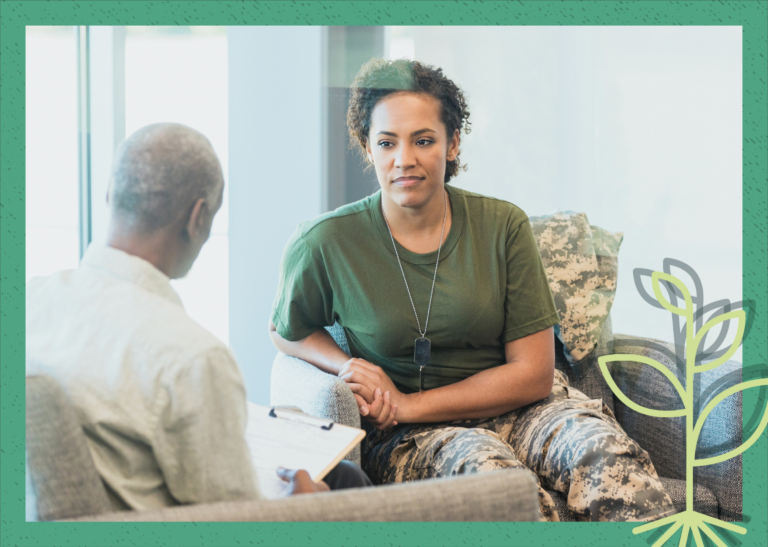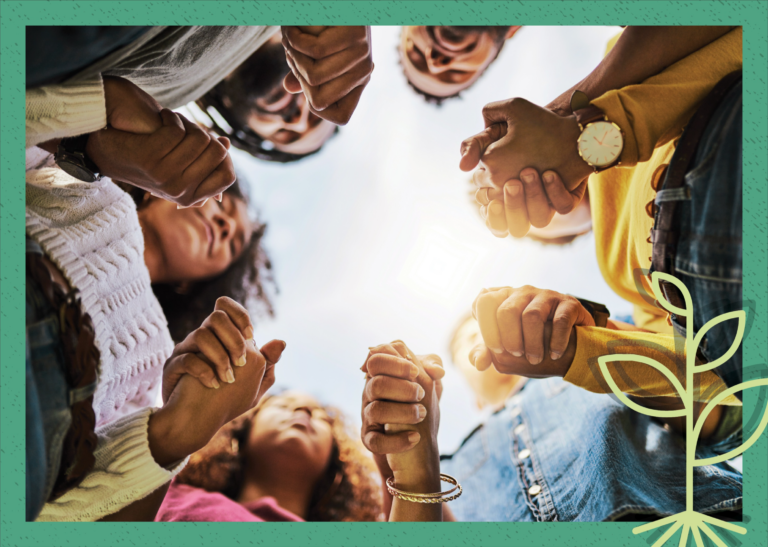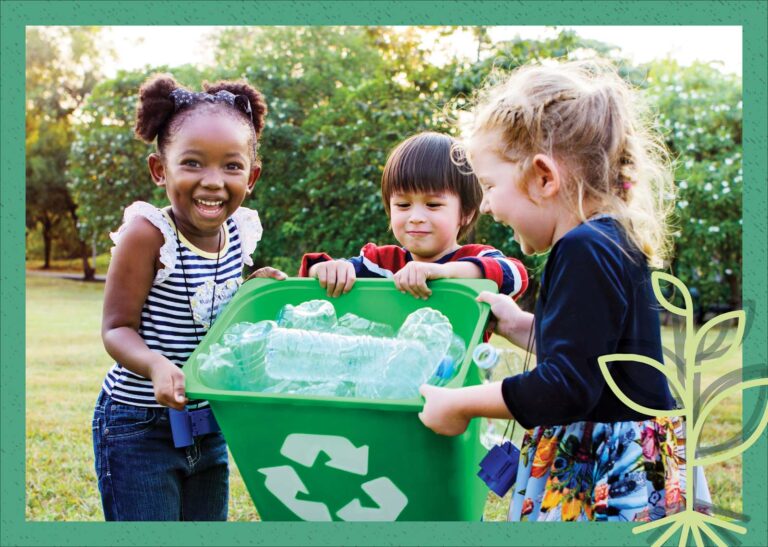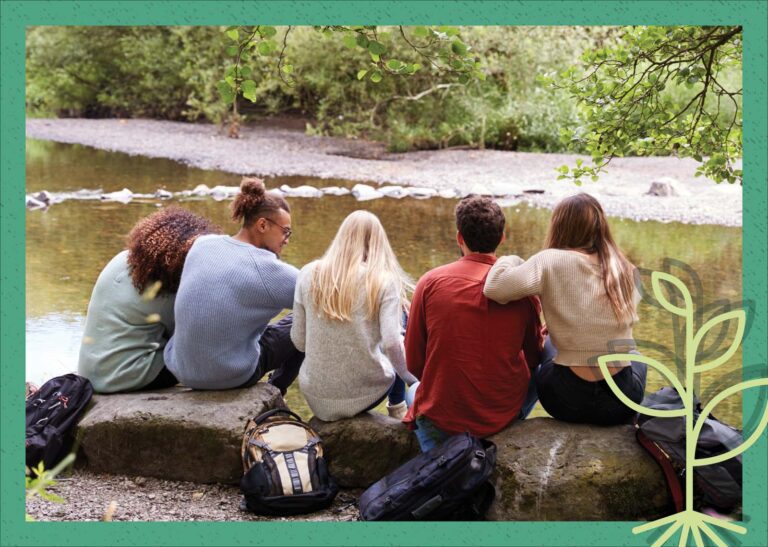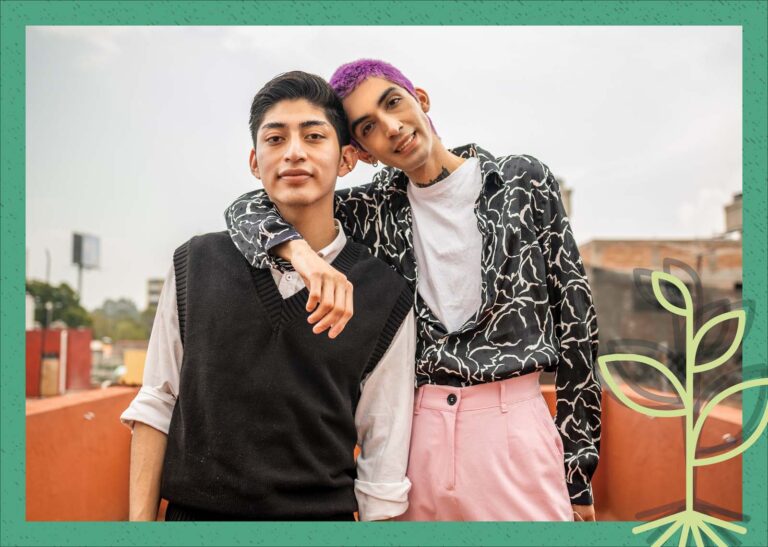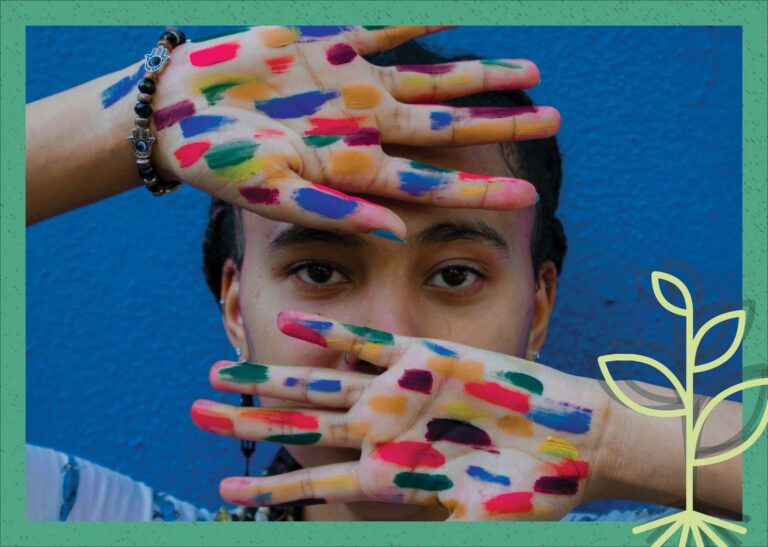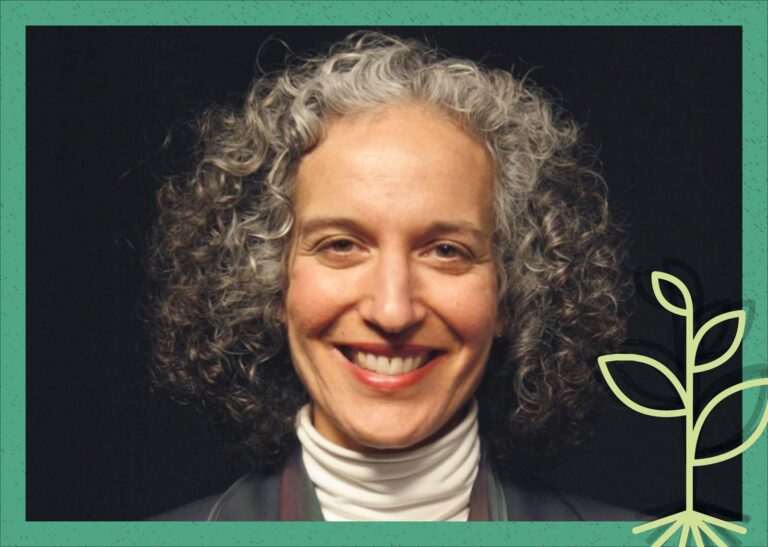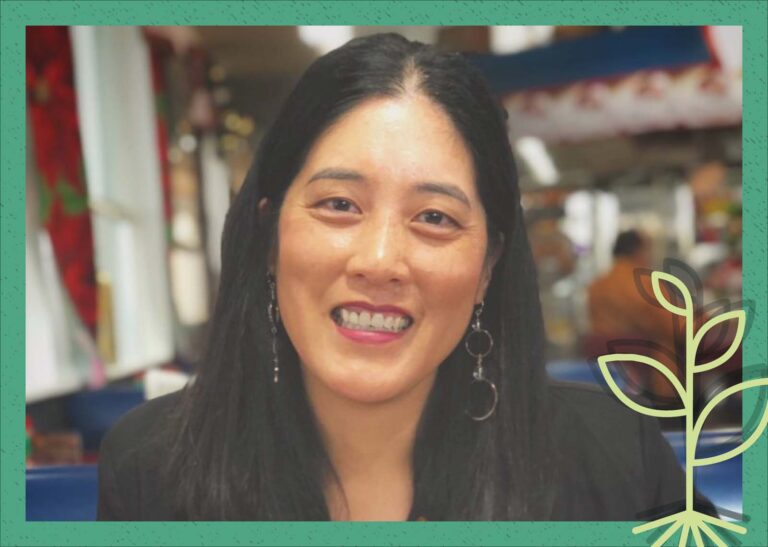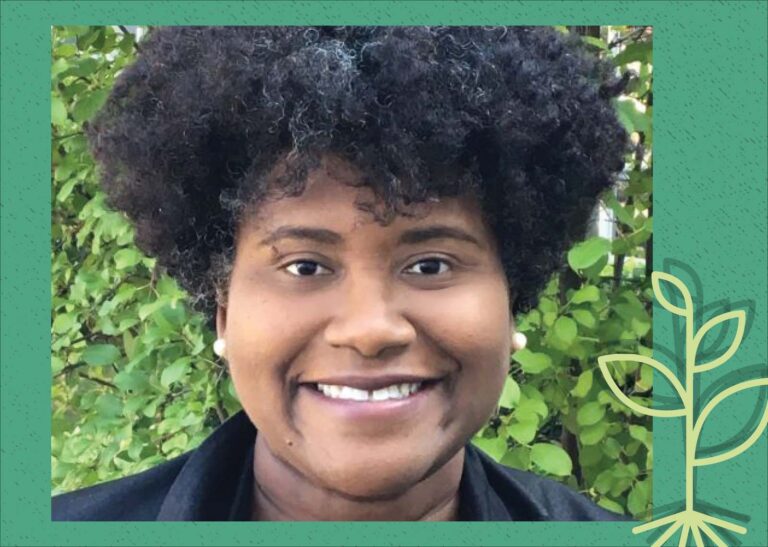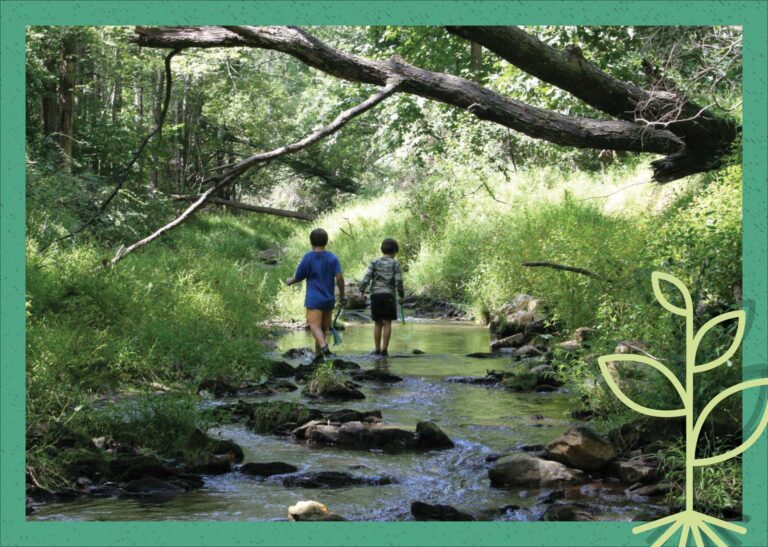We’re nearing the one-year anniversary of the founding of this show. To cap off a great year for the Seed Field Podcast, we’re putting together three mini-episodes that revisit interviews from this season and pull out the themes that consistently run through them.
Big Idea: Mental Health Justice at Antioch
Access to mental health care should be a right, not a privilege. In this Big Idea episode, we take a look back at conversations with mental health professionals at Antioch,…
Big Idea: Teaching for Social Justice at Antioch
It’s easy to say you want to imbue social justice into a program’s curriculum—but how do you actually do it? Across conversations from this season we heard about how different…
Big Idea: Environmental Justice and Environmental Education at Antioch
We’re nearing the one-year anniversary of the founding of this show. To cap off a great year for the Seed Field Podcast, we’re putting together three mini-episodes that revisit interviews from this season and pull out the themes that consistently run through them.
S2 E8: To Find Solutions to Our Most Global Problems, We Must Go Into the Field
Solving global problems requires looking at the whole picture—and sometimes that means getting your hands dirty. In this conversation with environmental studies experts Jim Jordan and Dawn Murray, we hear why their work often involves studying across disciplines—and across the globe. They are clear about the benefits they see from studying in different environments all around the world—from gaining a deeper understanding of the problems our planet faces to creating meaningful connections across cultures.
S2 E7: Latinx/e Communities Deserve Culturally Responsive Mental Health Care
everyone. In this episode, we talk with Dr. Mariaimeé Gonzalez about the work she is doing to make sure that counseling for Latinx communities is done by diverse individuals who understand the unique issues they face here in the US.
S2 E6: Art Therapy Can Provide Healing Beyond Words
Words sometimes limit our ability to express ourselves and our experiences, however, using art in a therapeutic space provides an opportunity for a different kind of communication. In this episode, we talk with two practitioners and professors of art therapy, Amy Morrison and Beth Donahue, about the benefits of this alternative and engaging form of therapy, and how their new online program has made this profession more accessible than ever.
S2 E5: Through Eating, Sharing, and Studying Food We Can Build Sustainable Communities
Do you know where your food comes from? Whether it is the food we are getting at a grocery store, farmer’s market, restaurant, or our backyard, understanding the way food is produced and the larger systems it is a part of can help us fight for more sustainable and equitable access to food. Scholar and dedicated food educator Jon Garfunkel talks with guest host Mair Allen about the ways that acts like reclaiming public spaces for gardening, having conversations with local food providers, and volunteering to help to feed your community can help us understand and correct problems in the food systems we currently depend on—both locally and globally.
S2 E4: Leadership Is Worth Studying—And Reforming
generosity, and mutual aid are regular features. In both her life as a writer and in her role as chair of Antioch’s Creative Writing MFA program, Victoria embodies these qualities, which together she calls “literary citizenship.” And she inspires her students to do the same. In this conversation we explore what being a good literary citizen means to Victoria, how this ethos has influenced her own work and career, and how building a more inclusive writing community benefits everyone.
S2 E3: Envisioning a Writing World Full of Good Literary Citizens with Victoria Chang
generosity, and mutual aid are regular features. In both her life as a writer and in her role as chair of Antioch’s Creative Writing MFA program, Victoria embodies these qualities, which together she calls “literary citizenship.” And she inspires her students to do the same. In this conversation we explore what being a good literary citizen means to Victoria, how this ethos has influenced her own work and career, and how building a more inclusive writing community benefits everyone.
S2 E2: To Heal Our Communities, We Need to Explore the Unconscious Mind
Psychologist and teacher Dr. Monqiue Bowen believes that the benefits of psychoanalysis extend far beyond the healing and personal growth that can come from exploring one’s subconsciousness. In a country built on whiteness and systemic racism, the act of analyzing unconscious thoughts and behaviors can provides an opportunity for community healing across communities. Having a safe space to have these conversations is essential. In this conversation, Dr. Bowen discusses how therapy can be a place of healing not only for the patient but also for the therapist—and for the community at large.
S2 E1: To Reopen Schools, Teachers Took Their Students Outside. Should They Stay There?
With Season Two kicking off in just one week, the Seed Field Podcast team wanted to take a look back at some of the knowledge our guests shared in Season One. Over these Outdoor learning was an educational trend that took off when the pandemic made the indoors unsafe. Now, many students and teachers have experienced the benefits of this way of learning. Will students ever want to go back inside? And should they? To find out, we had a conversation with two Antioch faculty, Ellen Doris and Liza Lowe, who specialize in place-based and nature-based education. They talk about the many benefits of outdoor education and share some great tips for those interested in creating safe and fun outdoor experiences for their students.





